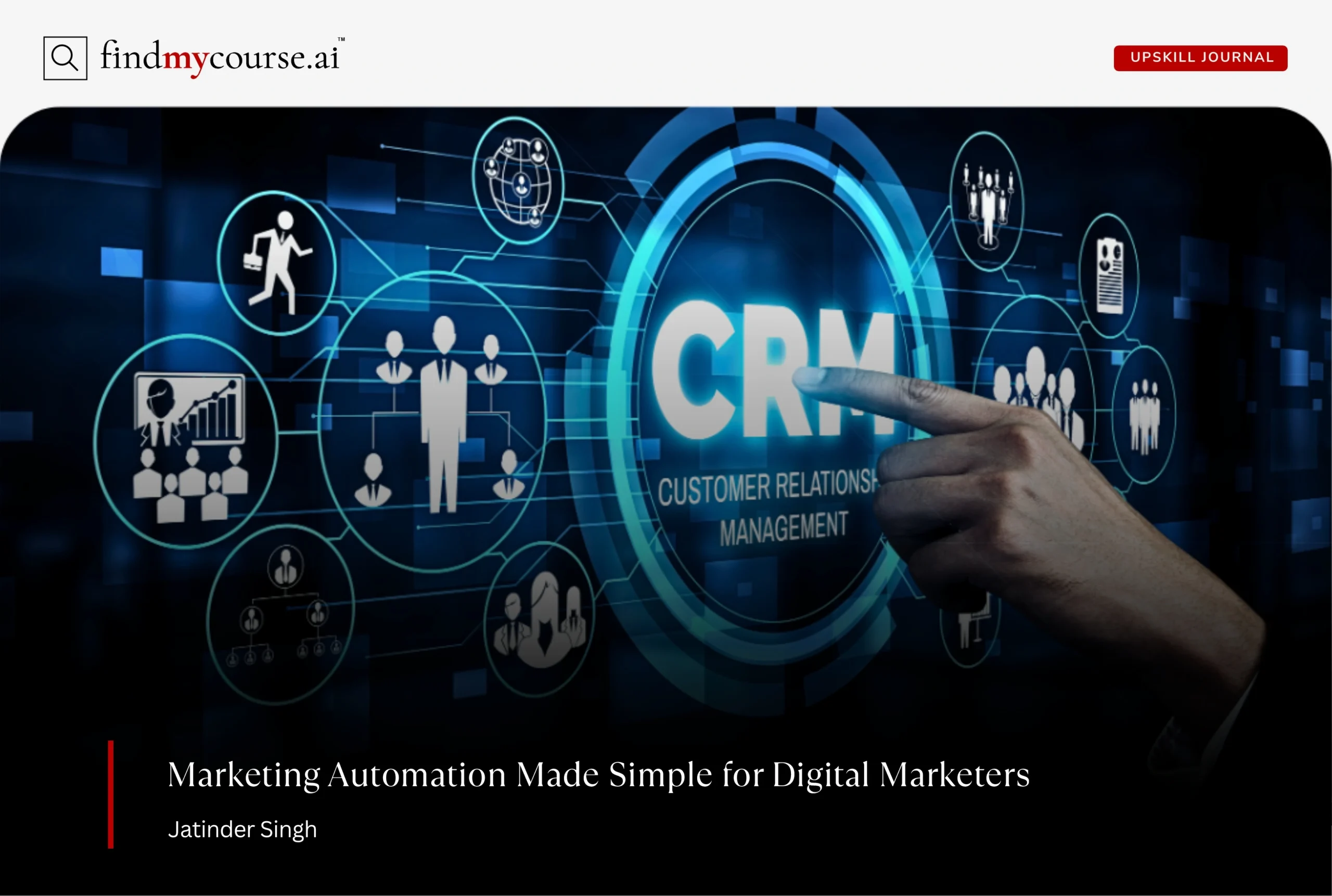As organizations move into 2026, business analyst jobs continue to be in high demand. As companies rely more on data to make smart decisions, the role of the business analyst has become essential. These professionals help teams understand what the data is saying—and what to do next.
So, whether you’re changing careers or just getting started, learning where the jobs are and how to prepare is the first step. In this article, we’ll look at the top industries hiring business analysts in 2026, what makes each one unique, and how you can get ready to join them.
The Role of Business Analysts in Industries—and Why These Roles Are Thriving
By 2026, business analysts have become essential across industries—not just as data experts, but as strategic problem-solvers. They sit at the intersection of business goals and technical execution, helping teams make smarter, faster decisions. Moreover, what sets them apart is their ability to turn complex data into clear insights. Whether improving patient care, streamlining supply chains, or guiding digital transformation, business analysts bring structure to change and clarity to growth.
As industries adopt automation, AI, and leaner models, the demand for analytical minds continues to surge. Business analyst jobs are thriving not because it’s trendy—but because today’s businesses can’t move forward without them. According to the U.S. Bureau of Labor Statistics, demand for business analysts is projected to grow 14% between 2022 and 2030—much faster than the average for all occupations.
Industries Providing the Most Business Analyst Jobs in 2026
From global tech giants to government agencies, the demand for sharp, strategic thinkers is rising fast. Business analysts are being hired across every major sector—and understanding where the momentum is can help you make smarter career moves.
Let’s take a closer look at the industries leading the charge:
1. Technology & Software
In the fast-evolving tech sector, business analysts help bridge the gap between users, developers, and business goals. Additionally, they translate customer feedback into product requirements, support agile teams with clear sprint priorities, and ensure that feature development aligns with strategic outcomes. At companies like Atlassian, analysts play a key role in guiding product teams using agile frameworks and real-time data.
• Common Roles: IT Business Analyst, Agile Business Analyst, Product Analyst
• Key Focus: Agile development, feature planning, cross-functional alignment
• Average Salary: $100,000/year
2. Finance & Banking
Financial institutions depend on business analysts to navigate complexity—from risk assessment to regulatory reporting. Analysts help streamline internal processes, enhance customer experience, and ensure systems meet compliance standards. For example, at firms like JPMorgan Chase, business analysts work across digital banking, fraud detection, and investment risk management to keep services secure and efficient.
• Common Roles: Financial Business Analyst, Risk Analyst, Regulatory Reporting Analyst
• Key Focus: Risk management, process improvement, compliance analytics
• Average Salary: $114,000/year
3. Healthcare & Life Sciences
Business analyst jobs in healthcare align clinical needs with data-driven tools to improve outcomes and efficiency. They also support projects involving electronic health records (EHR), patient flow optimization, and compliance with health regulations. Organizations like Mayo Clinic use business analysts to support care innovation and improve hospital operations through analytics.
• Common Roles: Clinical Business Analyst, Health Data Analyst, Healthcare Operations Analyst
• Key Focus: EHR systems, clinical efficiency, data governance
• Average Salary: $110,000/year
4. Retail & E-commerce
In retail and e-commerce, analysts use consumer data to guide product decisions, personalize shopping experiences, and optimize logistics. Their ability to quickly interpret buying patterns helps brands stay agile in a highly competitive space. For example, analysts at e-commerce platforms play a key role in price optimization and customer retention strategies.
• Common Roles: E-commerce Business Analyst, Merchandising Analyst, Customer Insights Analyst
• Key Focus: Consumer analytics, supply chain, digital optimization
• Average Salary: $101,000/year
5. Consulting & Professional Services
Consulting firms rely on business analysts to solve diverse client challenges across industries. Analysts in this space support digital transformation efforts, conduct market research, and design efficient business processes. At consultation firms, analysts are embedded in cross-functional teams that lead enterprise change for global clients.
• Common Roles: Management Consultant, Strategy Analyst, Transformation Consultant
• Key Focus: Client strategy, business transformation, process design
• Average Salary: $106,000/year
6. Manufacturing & Energy
In manufacturing and energy, business analysts improve operational efficiency, manage supply chains, and support sustainability initiatives. They help forecast material needs, track production metrics, and also implement predictive maintenance strategies. In the energy sector, companies such as Schneider Electric employ analysts to support smart infrastructure and energy-saving solutions.
• Common Roles: Supply Chain Analyst, Operations Business Analyst, Energy Efficiency Analyst
• Key Focus: Predictive maintenance, process optimization, resource planning
• Average Salary: $103,000/year
7. Government & Education
Public institutions are undergoing digital transformation, and business analysts play a key role in modernizing services and improving transparency. Consequently, agencies and universities are increasingly hiring analysts to help track program impact, improve workflows, and manage data-driven reform. For example, analysts in local governments often help digitize legacy systems and support public-facing service improvements.
• Common Roles: Public Sector Business Analyst, Education Program Analyst, Government Operations Analyst
• Key Focus: Impact tracking, operational reform, digital workflows
• Average Salary: $88,000/year
Preparing for Business Analyst Jobs in 2026
So, how do you land one of these roles? The good news is you don’t need to start with years of experience. What you do need are skills, initiative, and a willingness to learn.
Focus on Tools and Thinking
Business analysts need to think critically and work with data. Here are some tools every aspiring analyst should get comfortable with:
- Microsoft Excel – for data organization and analysis
- SQL – to query and manage databases
- Power BI or Tableau – for data visualization and dashboard creation
- AI-assisted analytics tools (e.g., Copilot, ChatGPT, AutoML platforms)
Certifications Help—But Real Learning Matters
Certifications can definitely help you stand out in an increasingly competitive 2026 job market, especially if you’re new to the field. Consider:
- CBAP (Certified Business Analysis Professional) – for experienced analysts
- PMI-PBA (Professional in Business Analysis) – for those with a project management background
But beyond certifications, practical experience—like solving real case studies or building sample dashboards—matters just as much.
Courses to Power Your Learning
Enrolling in online courses is a great way to build both knowledge and confidence necessary for business analyst jobs:
- Foundations of Business Analytics – Lehigh University on edX
- IBM Business Analyst Professional Certificate – available on Coursera
- Specialization in Business Analysis – University of Washington
Communication is Key
Being an analyst isn’t just about crunching numbers. It’s about translating insights into action. Hone your communication skills so you can explain what the data says—and what to do next.
Final Thoughts
From shifting customer expectations to smarter technologies and evolving regulations, every industry is transforming—and business analysts are helping lead the way.
Now you know where the demand is growing, which skills matter most, and how to start preparing for the opportunities ahead. So if you’re ready to turn data into direction and insight into action, there has never been a more strategic time to step into business analyst roles.. Still have questions or need guidance? Just ask our AI assistant—we’re here to help you take the next step.


